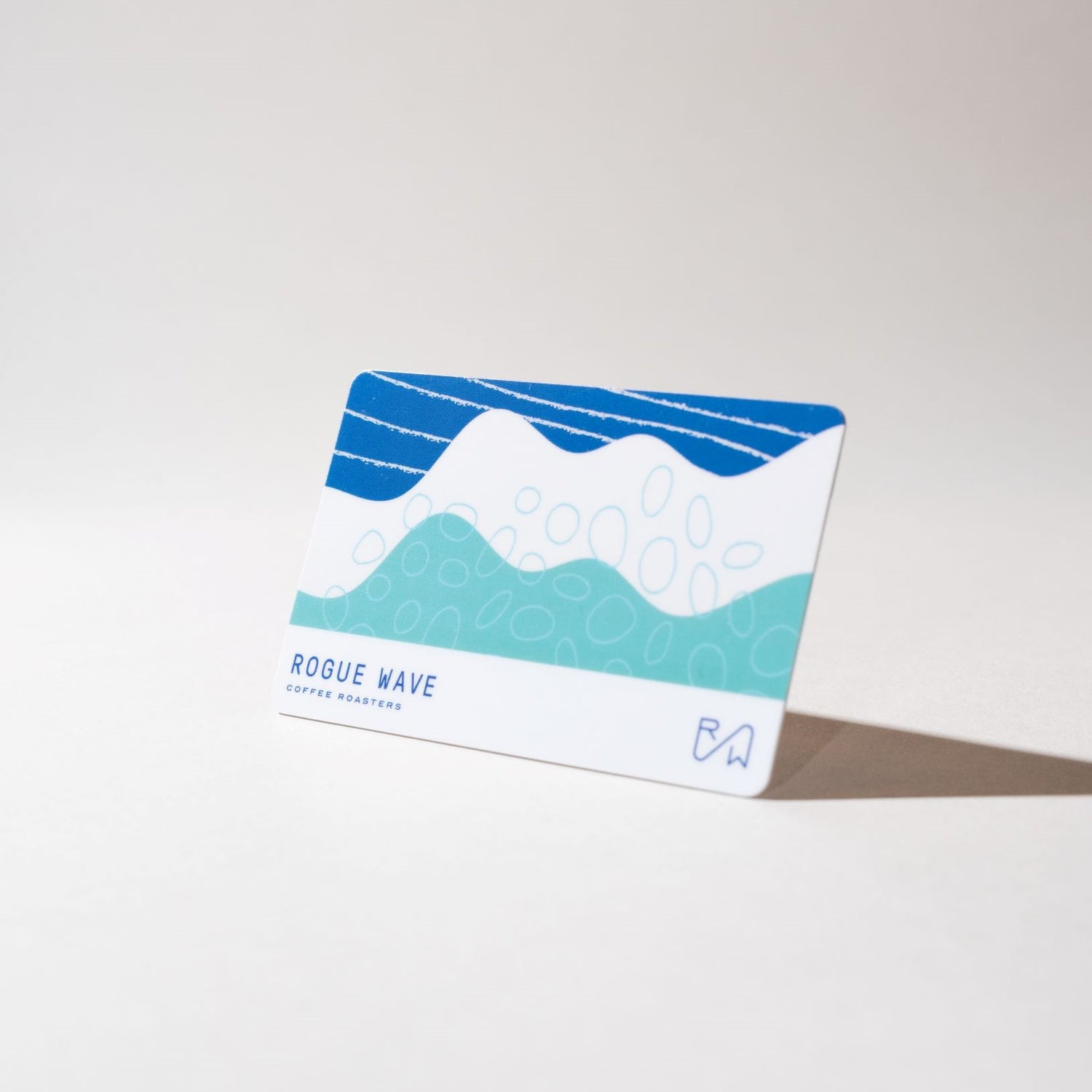Kinini is the name of a washing station and cooperative located in Kinini town, which collects from the neighboring villages of Tumba and Mageragere.
To understand how a group can produce 87 point coffee in their first year of production, you have to understand the people behind the coffee. Dreamers. That’s what everyone called Jacquie Turner and Malcolm Clear when they wanted to start a school for children in Eastern Rwanda 10 years ago. Driven by the desire to help the children of the genocide, they made that dream a reality. As they got to know that community they realized that these children needed much more than just education, and consequently, they lobbied the local government and international donors to support the construction of a local pharmacy, micro-finance credit institution, and other services to support the community that supports these children. What these two have accomplished for that community would be more than enough for any of us to hang our hat on and rest on our laurels, but they were not satisfied. Jacquie wanted to do more to help her fellow Rwandans.
So she and Malcolm started dreaming again. This time they dream of possibilities in coffee. They wanted to find a way to have generational impact on communities without having to continually fundraise money for aid projects. At this time they didn’t know anything about coffee, but they knew that the Rwandan government was supporting a transition towards specialty coffee. Malcolm and Jacquie wanted to see how far they could leverage that goodwill towards helping a community. They spent years soliciting advice from experts across the coffee industry and traveled all over Rwanda to look for a community that was interested in such a venture and was conducive for growing good coffee. After countless hours walking around farms with agronomists and soil-scientists, they settled on an area just an hour north of Kigali. This spot is not only stunning for its views, but its high elevation that dwarfs even the well-known Lake Kivu region. There was only one issue: not a lot of coffee was being grown there. So they dreamt up a solution. What if… they gave farmers coffee to grow? What if… they gave farmers technical support on how to grow good coffee? What if…they gave farmers a washing station to process it? What if…they gave farmers a dry mill to further process it? What if…they set up an export company in Rwanda to sell it, and an import company in the UK to own it even further? What if…10% of the profits went directly to development project investments (in education, health, etc.) What if…they helped organize these farmers so that they could manage themselves and eventually the business without them? What if… It was a lot of dreaming, that was met with a lot of doors being slammed in their face. Set-backs that would deter the most resilient of us did nothing to dissuade these two from their goal. After years of lobbying the local government, the Development Bank of Rwanda, farmers themselves, and countless other parties, their project was finally green-lit in 2014.
The structure of the project was unprecedented. Kinini Coffee signed a “lease” on parcels of land owned by various farmers throughout the area. This lease stipulated that Kinini would provide all these farmers with coffee trees, training, and organization. All the farmers had to do was agree to deliver these cherries to the Kinini Washing Station when they fruited in the future, for which they would be paid. For the most part, the chosen parcels sat on unused land that wasn’t being farmed yet. The due-diligence done on this lease took over a year. It was printed in triplicate for every farmer by the lawyers at the local and federal government to make sure farmers weren’t being taken advantage of. They had never seen anything like it. They just kept asking, “Why would you invest so much into farmers that have done nothing for you?”. Their answer, “Because it’s the right thing to do”. As a sign of good-faith, Malcolm put up his own life-insurance policy as collateral to the loan by the Rwandan Development Bank. They started distributing coffee seedlings to farmers, setting up trainings, building their washing station, and organizing farmers. Their learning curve in coffee was meteoric. Whenever they needed an answer to a coffee question, they would ask three specialists instead of one and triangulate their responses before making the most informed decision. A truly detailed-oriented team. The result? In 2017, three years after the trees had been planted, they had their first harvest of any substantive volume. It was a frenzy of activity. Samples were being sent to different Q-graders around Rwanda for evaluation so they could start to identify different areas for separation in the future. First year issues were being hashed out and triaged as needed. Choices were made not just for the sake of a certifying body, or a 3rd party auditor, but because they were in the best interest of the farmers and the coffee. An example of this was the gender equity trainings they were conducting. They did this not because they were asked to by a certifier, but because they thought it was vitally important to value women in the supply chain. Farmer group development continued and logical lot separations started to present themselves, such as the Tumba Village area. They had no idea how their coffee was going to taste, but they poured their heart and soul into it anyway.
This coffee is from Rwanda and has notes of plum, orange, apple, iced tea, and vanilla.








